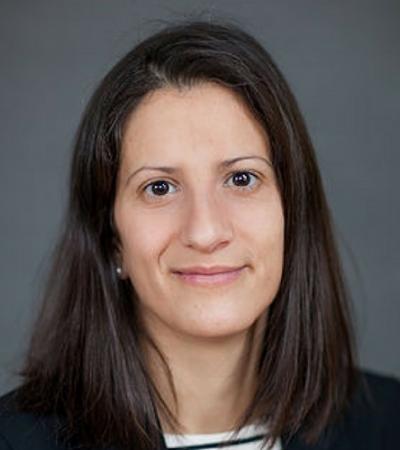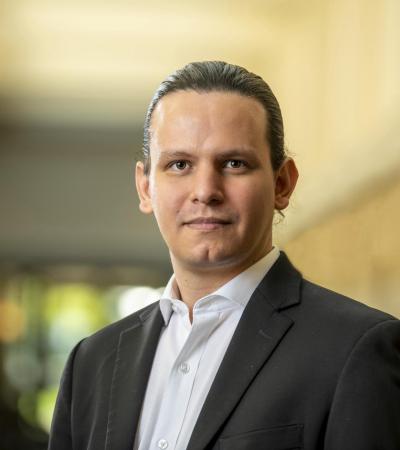Supporting Mano Dura: Punitive Police Practices and Citizens’ Perceptions of Deservingness (VIRTUAL)
Lucía Tiscornia, Assistant Professor of Political Science, Centro de Investigación y Docencia Económicas (CIDE); Former Kellogg PhD Fellow
Verónica Pérez, Professor, Universidad de la República, Uruguay
Juan Albarracín, Assistant Professor of Political Science, ICESI, Colombia; Former Kellogg PhD Fellow
Leslie MacColman, Post Doctoral Fellow, Ohio State University; Former Kellogg Graduate Affiliate
Mounting empirical evidence suggests that police use of coercion exacerbates, rather than reduces, crime. One would therefore expect that highly aggressive and repressive policing practices would be avoided by policymakers. However, evidence from countries with varying degrees of violence and crime suggests the opposite: aggressive policing practices are widespread in the world, under the guise of the need to be “tough on crime”. How do we explain the persistence of punitive public security policies? An understudied aspect of the prevalence of “punitivism” is the role of public opinion support for these kinds of practices. This project seeks to understand why citizens support aggressive policing absent evidence of its effectiveness. We argue that support for these policies is driven by widespread public perceptions that certain social groups ‘deserve’ aggressive police controls. Taking advantage of a policing program implemented since 2016 in the city of Montevideo (Uruguay), this paper combines intensive fieldwork and a survey experiment to build a theory of public support for punitive policing. We show that, in the case of Montevideo, individuals perceived as low social class are seen as deserving of punitive police actions. The Uruguayan case is of particular interest. Unlike many Latin American countries with extremely high levels of violent crime, Uruguay is comparatively peaceful. Observing the deservingness mechanism at work in this context offers insights about why punitive policing practices are so pervasive and persistent.
For the pre-circulated materials or more information, contact Gary Goertz.
This workshop seeks to integrate and develop collaboration between Kroc and Kellogg scholars focusing on the wide range of peace, conflict, and violence issues. It is intended to be broad in scope including topics such as political and criminal violence, human rights, and transitional justice along with standard issues of civil and international war, peacebuilding, and reconciliation. The format assumes that participants come to the workshop having read the paper. A discussant will start the discussion with 5-10 minutes of comments, then the floor is open. These sessions are open to Notre Dame faculty and graduate students. For the pre-circulated materials or more information, contact Gary Goertz.
Workshop Organizers: Guillermo Trejo, Gary Goertz, Laurie Nathan, Abby Córdova, and Josefina Echavarría Alvarez.

Lucia Tiscornia
This profile is current as of 2022. Tiscornia is an assistant professor in the School of Politics and International Relations and a Fellow with the Geary Institute for Public Policy at University College Dublin. She is an external research affiliate of the Kellogg Institute's Notre Dame Violence and Transitional Justice Lab (V-TJLab)...
Juan Guillermo Albarracín Dierolf
Former Phd Fellow and Dissertation Year Fellow Juan Guillermo Albarracín Dierolf is currently an assistant professor of Political Science at the University of Illinois Chicago (UIC) and a co-principal investigator of the Kellogg Institute's Notre Dame Violence and Transitional Justice Lab (V-TJLab)...





